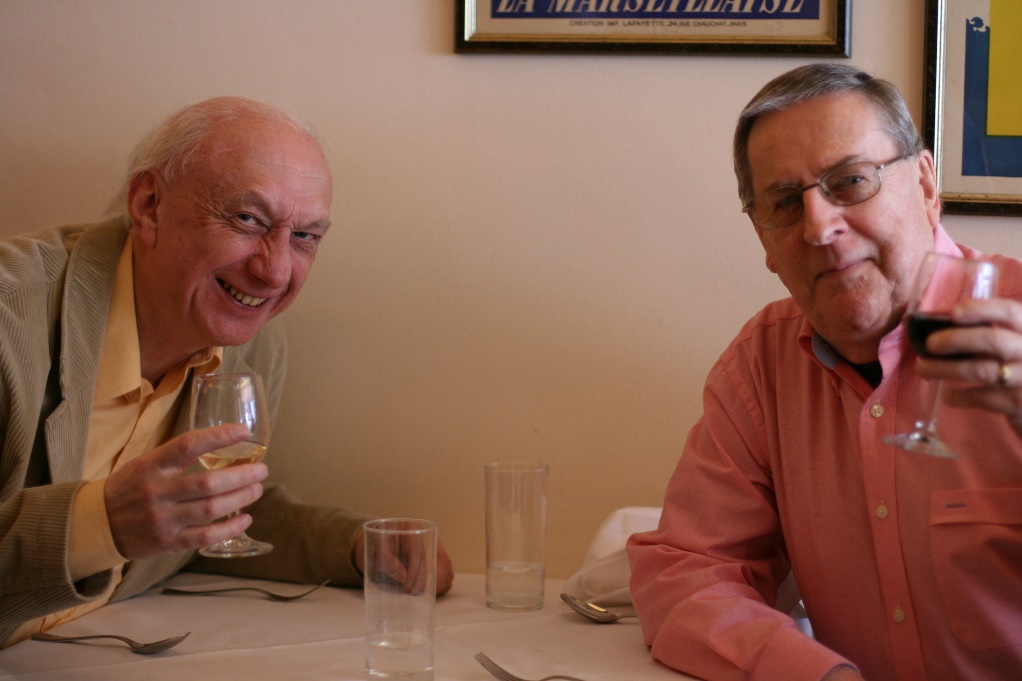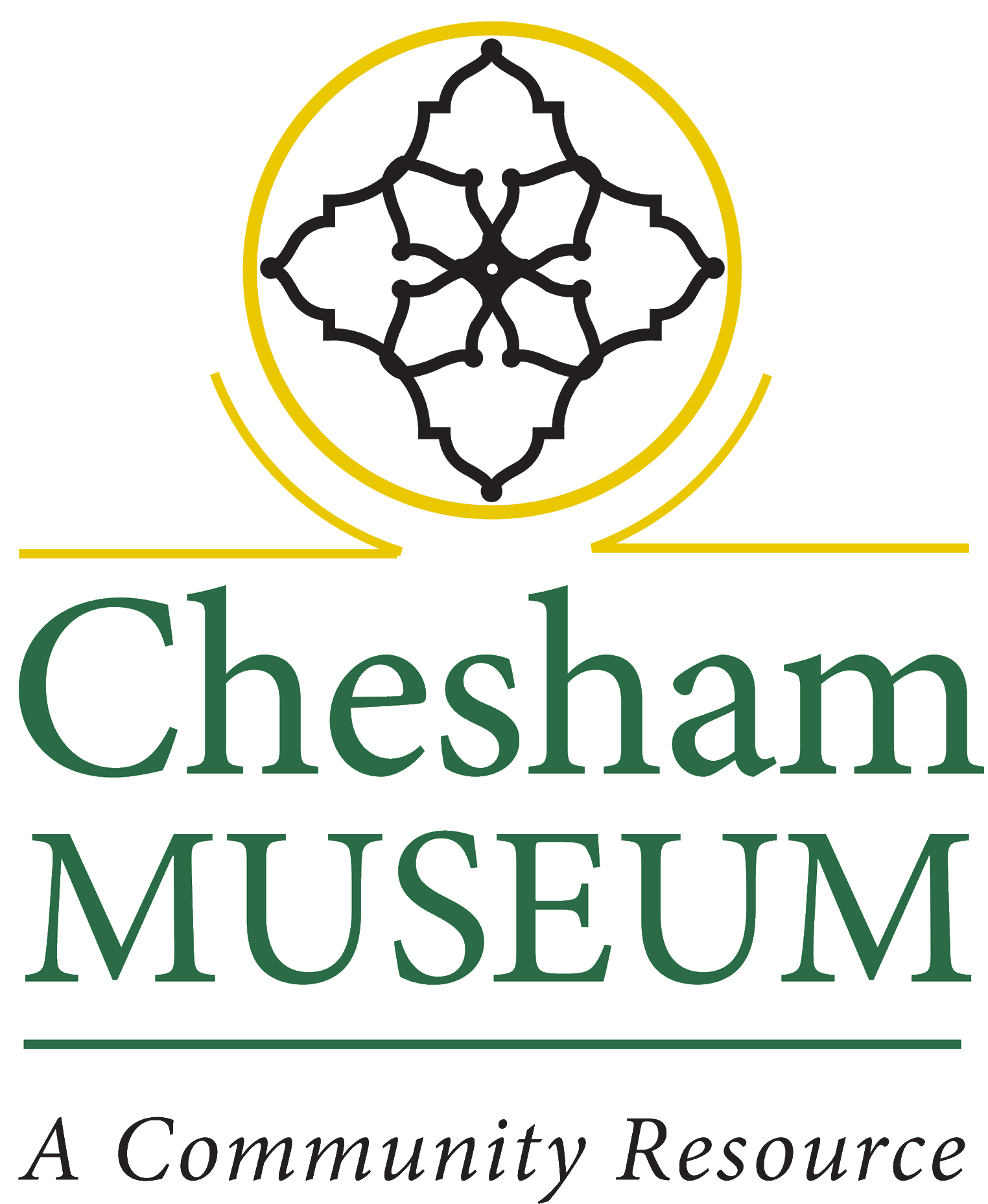LGBTQ+ history in Chesham
Social history can be hard to capture and easily destroyed, it often doesn’t leave ruins or great structures for descendants to find and pick over and instead lives in the minds and memories of those still alive. If not recorded, a lot can be lost forever, leaving only traces and echoes in the few objects that survive.
To this end Chesham Museum and the local history group endeavour to capture the history and story of Chesham, through interviews, written accounts, documentation, pictures and objects.
In the last year, myself and the lead of our educational team Ang Ward, have been doing research on a major gap in our record, LGBTQ+ history. Often unrecorded due to the social taboo and persecution, this important element of history is frequently lost. This makes the accounts of the founding of the local Chiltern chapter for The Campaign for Homosexual Equality (CHE) by Roy Saich and George Broadhead in Chesham in the 70s, as detailed in Peter Scott-Preslands book Amiable Warriors- V1: A space to breath stand out.
Roy Saich and George Broadhead both Londoners, moved as a couple to the area in 1969. “He met Roy, six years his junior, in London’s most famous gay pub, the Coleherne, in early 1965. They moved to Chesham in 1969, Roy working for an insurance company and George still commuting to London, at a prep school in Hampstead. Like many teachers he found his profession imposed severe constraints on how public he could be as a homosexual”- Peter Scott-Preslands in Amiable warrior V1.
Inspired by a newspaper advert, the partners decided to found a Chiltern group of CHE, “but it was a July 1970 newspaper advert which prompted him and George to get in with Manchester and offer to start a Chilterns group.”
“Based in Chesham in Buckinghamshire, they wanted to set up what would be the first rural CHE group-Chilterns CHE. Or at least, semi-rural, because its catchment area would include places like Amersham and Harrow” — Peter Scott-Preslands in Amiable Warriors V1.

Roy Saich (left) and George (right) in 2007
For context, The Campaign For Homosexual Equality (CHE) was a continuation of a 1960s activist group, the North Western Committee for Homosexual Law Reform, which according to the CHEs website was a key group in the campaign to decriminalise male homosexuality in 1967.
After partial decriminalisation, CHE focused on creating spaces where homosexual men and women could express themselves without fear, resulting in the local groups forming across the country (more information in Amiable Warrior V1 and the CHE website).
Roy and George would go on to have the first meeting of the Chiltern group on November 9 1970. Having decided the groups direction after a meeting in Birmingham, organised by Nick Stanley and setting out adverts in local newspapers with the guidance of Paul Temperton:
“They needed to contact the local members, they needed to write to doctors and lawyers for more referrals, they wanted to get in touch with the local women’s organisations, they wanted more newspaper ads”.
“Paul took their target towns and identified papers from the Press Gazette: Home Counties Newspaper Group, … he forwarded the addresses of the people who replied”- Peter Scott-Preslands in Amiable Warrior V1

An example of a typical CHE Chiltern ad in the Bucks Examiner 17-03-1992
They began to meet fortnightly in members’ homes, such as Norman Boyce, an Amersham based pottery teacher, which often included talks from leading activists, with social activities like trips to London theatres, Friday clubbing, cinema visits and pubbing in between.
Peter Scott-Preslands also writes on how the group engaged heavily with other groups visiting and sharing in their local LGBTQ+ scene, with William Berry prospective founder of the Oxford group town specifically praising Roys Saich work: “[I] have nothing but praise for the enterprise of Roy Saich in organising so many interesting lectures and discussions for the members. He has also arranged cinema, theatre and restaurant outings”.
The group continued like this until 1972, when they stopped meeting in people’s homes and moved to the upstairs room of Beaconsfield pub, The Beech Trees, due to reaching 70 members and not being able to hire halls. With Peter Scott-Preslands quoting Roy Saich on the topic “people wouldn’t let you hire halls, public halls. They’d always have to refer it to their committees and the committees always said no”.
Political action was limited due to lack of member interest, though Roy and George did send letters to local doctors and community leaders as well as grant interviews to local newspapers to try and break down the stigma and not let people forget homosexuality existed everywhere…“they wrote to all local doctors in 1971, … There was little feedback from these letters. However, they contributed to the drip-drip effect of gradually raising awareness”.
“They appeared in a feature in the Bucks examiner, which carried their adverts (and had since 1970) and later in the Thame Gazette which did not”- Peter Scott-Preslands in Amiable Warrior V1.
Roy and George would leave Chesham by 1975 moving to Warwickshire, continuing their activism work through the founding of the Gay Humanist Group, involvement in local humanists societies and The Pink Triangle Trust, whose website hosts obituaries dedicated to them written by Barry Duke after George passed in 2021 and Roy in 2023.
It is important to remember people and history like this as it shows LGBTQ+ people have always been a part of our society and that the fight for equality and acceptance is necessary and important. If you have anything to contribute or add to this LGBTQ+ local history, please get in contact with us through our website.
Written by Ashley Davis


